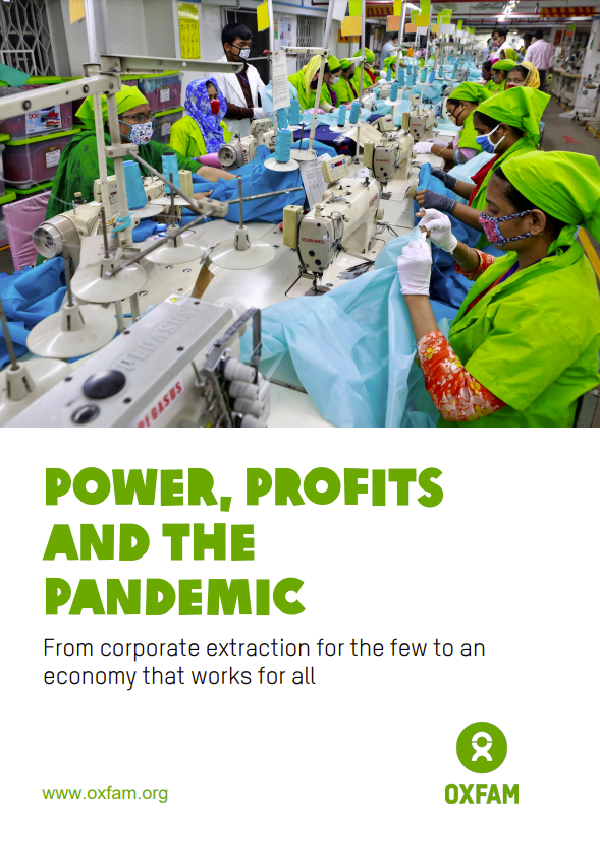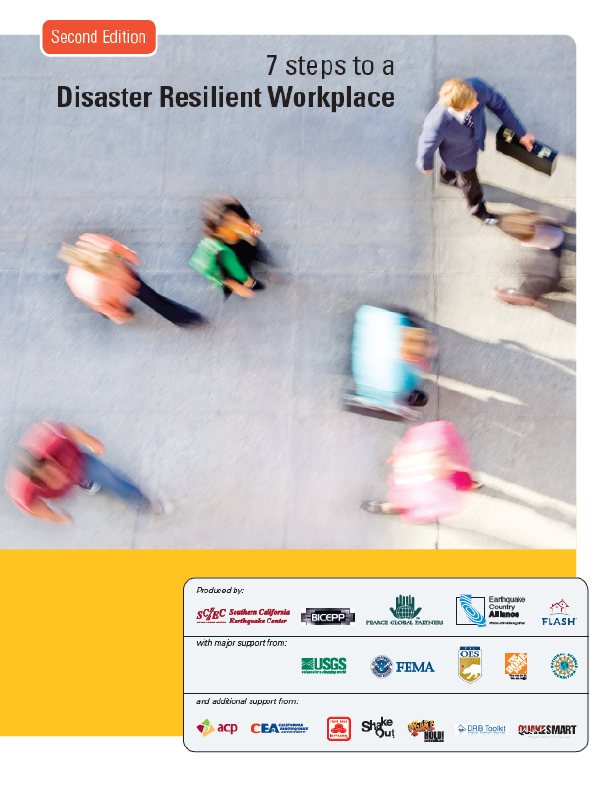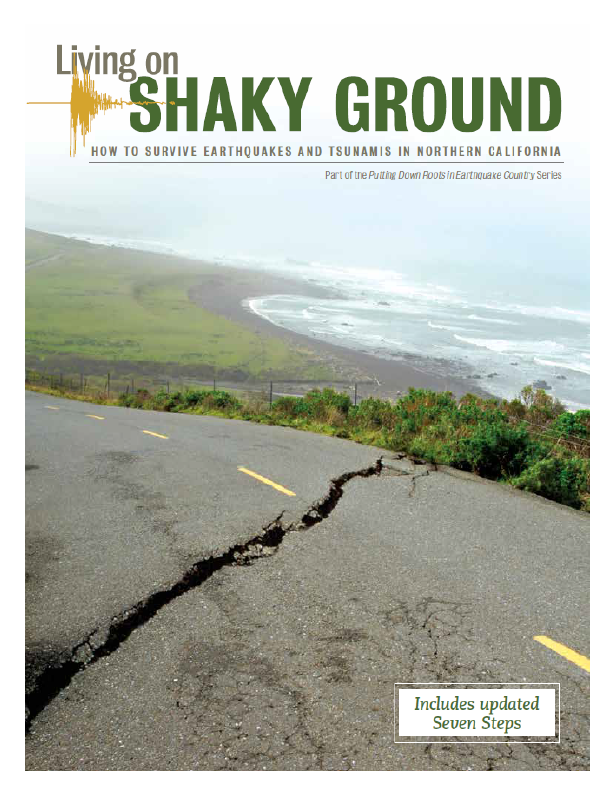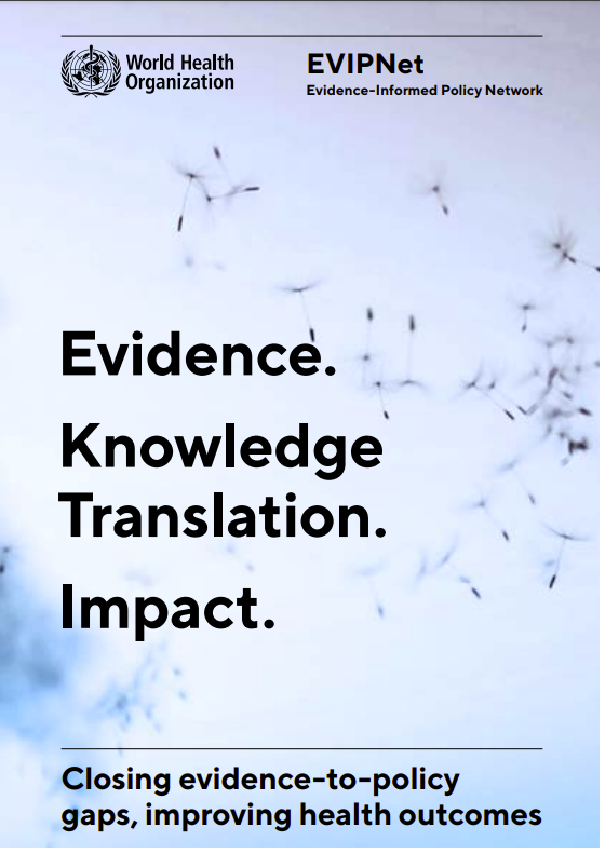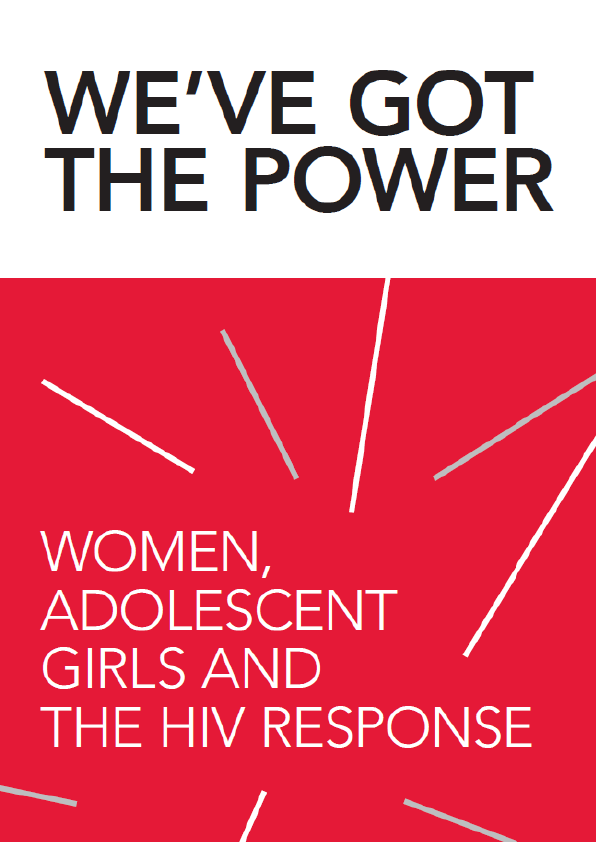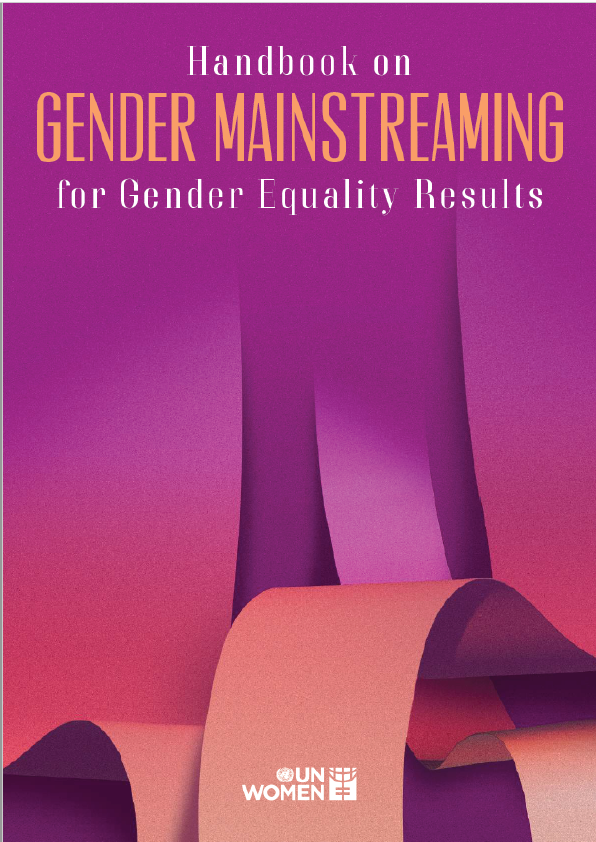Power, profits, and the pandemic
From corporate extraction for the few to an economy that works for all
Coronavirus disease 2019 (COVID-19) is a contagious disease caused by a virus, the severe acute respiratory syndrome coronavirus 2 (SARS-CoV-2). The disease spread worldwide, leading to the COVID-19 pandemic. The worsening inequality crisis triggered by COVID-19 is fuelled by an economic model that has allowed some of the world’s largest corporations to funnel billions of dollars in profits to shareholders giving yet another windfall to the world’s top billionaires, a small group of mostly white men. At the same time, it has left low-wage workers and women to pay the price of the pandemic without social or financial protection.
Since the onset of the pandemic, large corporations have put profits before workers’ safety, pushed costs down the supply chain, and used their political influence to shape policy responses. COVID-19 should be the catalyst for radically reining in corporate power, restructuring business models with purpose, and rewarding all those that work with profits, creating an economy for all.
Introduction
COVID-19 is one of the most severe global health crises of our time – and has brought on one of its most severe economic shocks. Across the globe, companies – large and small – are buckling under the financial pressure caused by the pandemic and governments’ policy responses. Millions of workers and their families around the world have lost their incomes as markets contracted, companies shut down and supplier contracts were cancelled. Up to half a billion people could be pushed into poverty before the pandemic is over. By the end of the year more people could die from hunger linked to COVID-19 than from the disease itself.
The global crisis is hitting the most vulnerable the hardest – from workers in meat processing plants in the United States, Brazil and Europe, to small-scale farmers in West Africa, garment workers in South East Asia, and informal urban workers in Lagos, New Delhi and Sao Paolo. Many of the most vulnerable workers are women, racial and ethnic minorities and migrants.4 What they all share is a lack of protection and power in an economic system that has failed to manage the fallout from COVID-19.
The crisis has highlighted the stark global inequalities in the ability to weather disruption and risks. On the one side are the world’s workers who bear the brunt of the pandemic’s health and economic impacts. The equivalent of 400 million full-time jobs have been lost globally in the first two quarters of 2020.5 The most vulnerable workers (low-wage, informal, women) are most likely to lose their jobs. In the United States, low wage employment has dropped 35% since February.
Informal workers have been seriously affected since many do not fall under labor or social protection systems and are not covered by government relief funds. Migrant workers have similarly been disproportionately hit. In India, with its estimated 100 million migrant workers, COVID-19 triggered vast movements of people trying to return to their home villages. Many have been stranded, detained, abused, and left without income or protection.
Job losses have affected women more than men, putting at risk progress in women’s economic empowerment around the world. Women are overrepresented in many sectors hardest hit by the pandemic.9 As a result, women are estimated to account for 54% of job losses while constituting less than 40% of the global workforce.10 Furthermore, women’s unpaid work caring for family members has increased dramatically, thus reinforcing barriers to economic equality.
Yet, on the other side of the pandemic divide, not everyone is suffering. While workers and small businesses are struggling to survive, some of the largest companies are using their economic and political power to shield themselves from the fallout of the pandemic. Some are even reaping massive profits, at best because they were in a sector that benefited from the pandemic, at worst, they profited on the backs of the people carrying the costs of the pandemic. These corporations are cashing in on COVID-19 – amassing significant wealth to their shareholders, senior executives, and owners, a small group of largely rich white male billionaires in wealthy nations.
